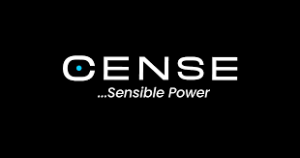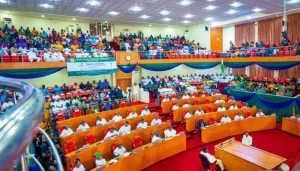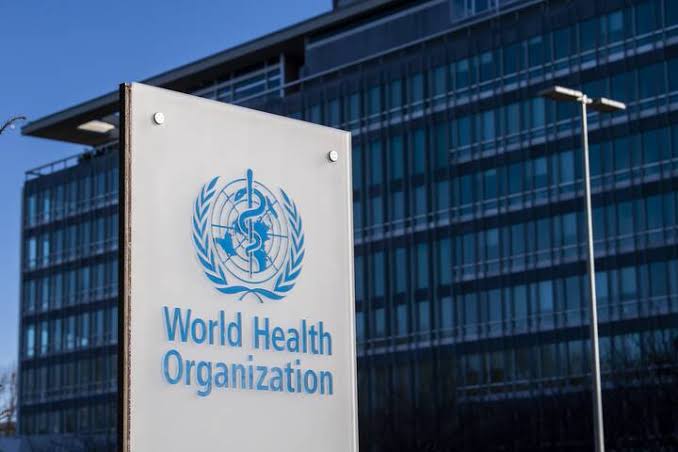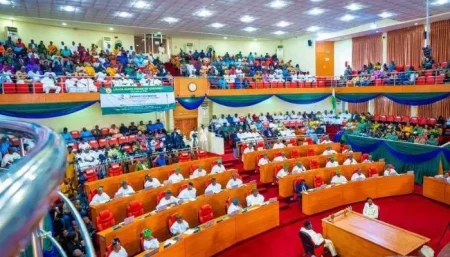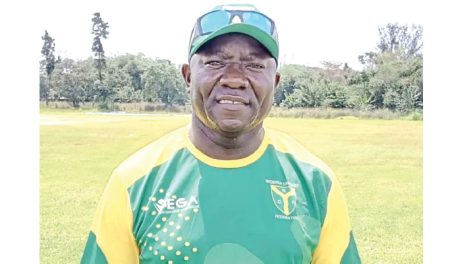Paragraph 1: Genesis of the Ogoni Public Health Study
The hydrocarbon-rich region of Ogoniland, located in Rivers State, Nigeria, has endured decades of environmental degradation stemming from oil exploration and production activities. This pollution has raised serious concerns about the potential adverse health effects on the Ogoni people. In response to these concerns and in line with recommendations from the 2011 United Nations Environment Programme (UNEP) report on Ogoniland, the Hydrocarbon Pollution Remediation Project (HYPREP) and the International Agency for Research on Cancer (IARC), a specialized cancer agency under the World Health Organization (WHO), have embarked on a collaborative three-year public health study. This crucial research initiative aims to comprehensively evaluate the health risks associated with hydrocarbon contamination in the region and inform evidence-based public health interventions.
Paragraph 2: Objectives and Methodology of the Public Health Study
The primary objective of this study is to conduct a rigorous health risk assessment directly linking hydrocarbon pollution to specific health outcomes in the Ogoni population. The study seeks to move beyond anecdotal evidence and speculation to provide concrete scientific data that can be used to address the health challenges facing the community. The researchers will employ a multi-pronged approach, including collecting biological samples, such as blood, from approximately 4,000 participants to measure hydrocarbon exposure levels and assess the extent of any pollution-related health damage. Furthermore, the study will incorporate data on participants’ living conditions, including their proximity to pollution sources and exposure to other potential health risks, to gain a holistic understanding of the factors influencing health in Ogoniland.
Paragraph 3: Ensuring Community Participation and Transparency
Recognizing the importance of community engagement for the success of the study, HYPREP and IARC are committed to involving Ogoni community leaders, civil society groups, and local health institutions from the outset. This participatory approach aims to build trust, foster ownership of the research process, and ensure the study’s relevance to the specific needs and concerns of the Ogoni people. The project also prioritizes transparency in all aspects of its operation, from data collection and analysis to the dissemination of findings. Regular stakeholder engagement and adherence to stringent ethical guidelines are integral to the study’s framework, ensuring the integrity and credibility of its outcomes.
Paragraph 4: Project Implementation and Expected Outcomes
HYPREP has pledged to provide the necessary technical, logistical, and institutional support to facilitate the smooth execution of the study. A joint steering and technical coordination team, composed of representatives from HYPREP, IARC, and the Ogoni community, will oversee the project’s implementation and monitor progress. The study’s findings are expected to be highly impactful, informing policy interventions, guiding public health planning, and establishing a framework for long-term health monitoring of the Ogoni population. IARC’s internationally recognized expertise and rigorous scientific standards will ensure that the study’s outcomes are credible, actionable, and globally recognized.
Paragraph 5: Addressing Health Infrastructure Needs in Ogoniland
In addition to the public health study, HYPREP is concurrently undertaking the construction of a specialized hospital in Ogoniland. This state-of-the-art facility will be equipped with advanced diagnostic equipment, including cutting-edge MRI machines, significantly enhancing the capacity for healthcare delivery in the region. This investment in health infrastructure reflects HYPREP’s commitment to improving access to quality healthcare services for the Ogoni people and addressing some of the health disparities exacerbated by environmental pollution. The hospital will play a vital role in providing ongoing care and support based on the findings of the public health study.
Paragraph 6: Focus on Vulnerable Populations and Long-Term Impact
Researchers involved in the study acknowledge the heightened vulnerability of certain groups, particularly children, to the adverse health effects of hydrocarbon pollution. Due to their smaller body size and developmental stage, children may experience higher exposure levels and different health impacts compared to adults. The study design will account for these variations by incorporating age-specific analysis and ensuring adequate representation of different age groups within the study sample. The long-term goal of the study is to contribute to a healthier future for Ogoniland by providing evidence-based solutions for pollution mitigation and public health improvement. This encompasses both immediate interventions and long-term monitoring to assess the effectiveness of remediation efforts and track the health status of the Ogoni population over time. The combined efforts of HYPREP, IARC, and the Ogoni community are crucial for achieving the overarching goal of restoring environmental and human health in the region.



